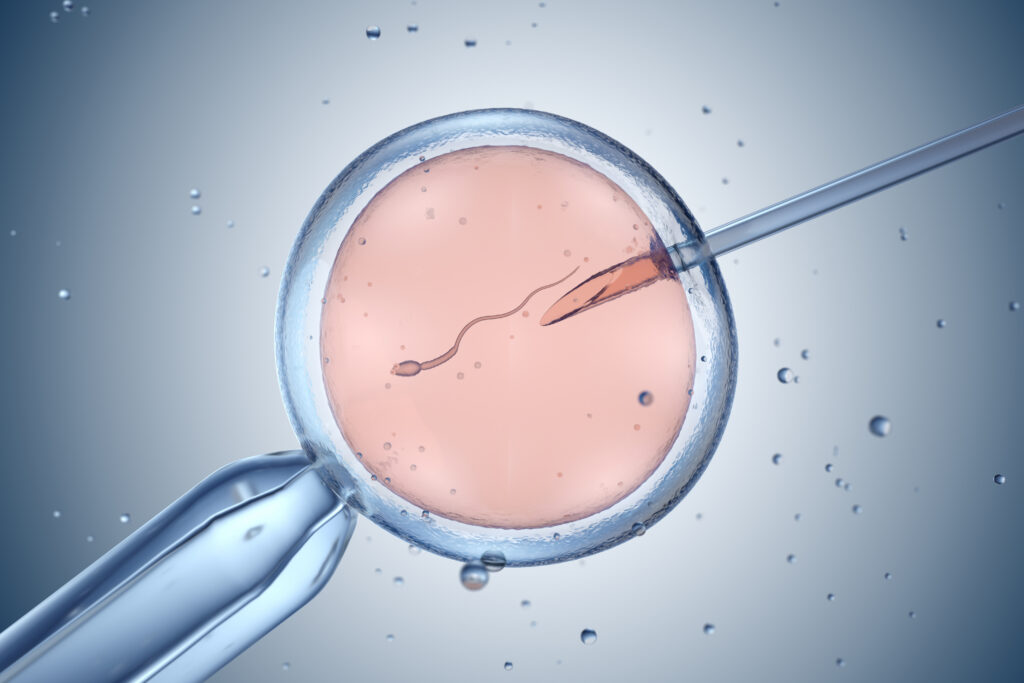New Michigan Laws Deter and Punish Coerced Abortion

Proponents of abortion are all about “choice.” Yet in many cases, it seems, a woman’s decision to procure an abortion does not feel like much of a choice at all.
The best estimates indicate that somewhere between 30 to over 60 percent of women seeking abortions in the United States do so under pressure—from the father of her child, her parents, her family members, friends, or employer.[1] One study shows that up to 64 percent of women who had undergone an abortion reported that they were pressured to do so.[2] What can be done to counteract this phenomenon of coerced abortions? Coerced abortions are especially harmful to women—not only does the voice of the unborn child, who cannot plead on his own behalf, go unheard, but also the voice of the mother is muted by outside pressure.[3]

As a result of the new laws, facilities performing abortions in Michigan will be required to notify women that coercion to abort is illegal, as well as to screen women to discover if they have been coerced.[6]
At least 12 states considered measures to curb coerced abortions during the 2015 legislative season, including Arkansas, Connecticut, Iowa, Maine, Maryland, Michigan, Missouri, Nebraska, New York, North Dakota, Texas, and Washington. North Dakota passed its own law prior to the recent passage of similar legislation in Michigan.
Eighteeen states require abortion facilities to provide either written materials, verbal notification, or both to advise women that abortion cannot be coerced. These include Alabama, Arizona, Arkansas, Idaho, Kansas, Louisiana, Michigan, Missouri, North Carolina, North Dakota, Ohio, Oklahoma, Pennsylvania, South Dakota, Tennessee, Utah, West Virginia (where notification is included in written materials but is not mandated by state law), and Wisconsin.[8] Fourteen of these states have made coercion to abort illegal, while Missouri, North Carolina, South Dakota, and West Virginia require that women who report feeling pressured to abort be given resources and information directing them towards help, but do not impose unique penalties for coercion to abort. Delaware, Minnesota, and Nebraska also forbid coerced abortions, meaning that 17 states now have such laws on the books.
Michigan’s new laws reflect a model for other states to follow in seeking to curb coercive pressure on women that may lead them to seek an abortion. By providing a framework for the detection and punishment of coercion, these laws serve to protect the interests not only of the children whose lives will be saved by a reduced number of forced abortions, but also of the women who otherwise might be pressured into aborting a child and carrying the burden of that loss with them for the rest of their lives.
Tim Bradley is a research associate at the Charlotte Lozier Institute.
[1] https://repository.library.georgetown.edu/handle/10822/735162, citing a Guttmacher report, and http://www.unfairchoice.info/pdf/FactSheets/ForcedAbortions.pdf
[2] http://www.medscimonit.com/download/index/idArt/11784
[3] http://www.apa.org/pi/women/programs/abortion/mental-health.pdf, Page 11
[4] http://www.legislature.mi.gov/documents/2015-2016/billenrolled/House/pdf/2015-HNB-4787.pdf
[5] http://www.legislature.mi.gov/documents/2015-2016/billenrolled/House/pdf/2015-HNB-4830.pdf
[6] http://www.lifenews.com/2016/06/10/michigan-governor-signs-pro-life-bill-to-stop-coercing-women-into-having-abortions/
[7] http://www.aul.org/wp-content/uploads/2015/10/Final-Session-Report-2015.pdf
[8] https://www.guttmacher.org/state-policy/explore/counseling-and-waiting-periods-abortion and http://www.aul.org/wp-content/uploads/2012/04/maps-2.pdf


























